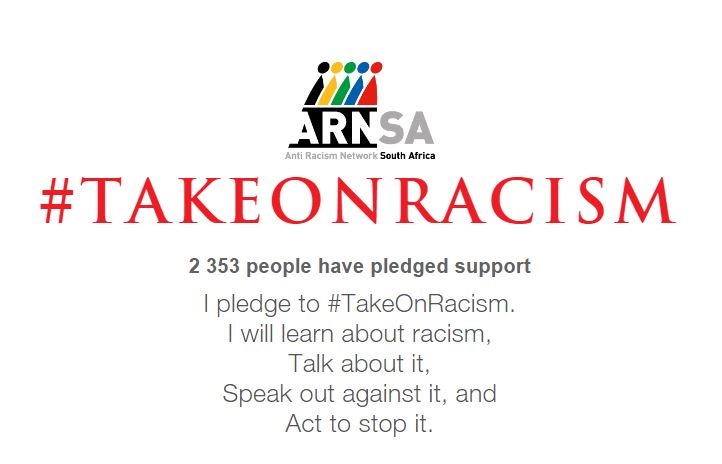
The latest Futurefact survey has probed racial attitudes in an attempt to contextualise the nuances in all pockets of the country (other than isolated rural communities comprising fewer than 500 individuals).
Futurefact finds that most people (63%) believe racism still ranks highly, or has worsened, over the past year or two. Furthermore, when rating how racist South Africans are today – as well as during the period Nelson Mandela was president – about a quarter of respondents offered a score of 8+ out of 10. This suggests there has been no improvement in racial attitudes.
Only a third of South Africans (regardless of their race group) believe that racism has decreased over the past couple of years.
About 68% of the total population (72% of all black respondents and 37% of all whites surveyed) think that white people still feel superior to black people.
There does appear to be a strong desire to reach common ground, as evidenced by the finding that
two-thirds of South Africans express the view that we cannot prosper as a nation without one another, and almost 80% opine that all South Africans can coexist peacefully without losing their cultural identity.
However, in both cases this is a lower percentage than previous studies, which may indicate a hardening of attitudes or loss of faith in our ability to work together or enjoy any social interaction: only 54% of black South Africans claim to have friends from other racial groups, compared with 69% of whites.
Eight out of 10 black South Africans recognise the value of speaking good English to advance and get better jobs, and the same proportion would like their children to benefit from this by being taught in English at school. But there is a concern that black culture is being lost in this transition, with “whiteness” becoming the model to emulate.
This is giving rise to a great deal of resentment, according to reports in traditional and on social media. One of the ways that white South Africans, in the spirit of unity, could try to bridge this gap would be by learning a black language. Three-quarters of black and 57% of white South Africans believe that whites in South Africa should be able to speak at least one black language.
Popular sentiment suggests that white South Africans see themselves as victims of, or disadvantaged by, policies such as BEE. But Futurefact finds that 55% of whites believe affirmative action is a good idea (and so do 83% of black South Africans).
Asked when they felt affirmative action should end, a large proportion of whites believed these policies should be phased out over a long period of time or retained permanently.
Regarding sport, Futurefact finds that most South Africans would like to see our teams winning, and to reach a point where our national teams are chosen on merit and not racial quotas.
However, there is also the recognition that we are not at that point yet and that we do need to redress the inequalities of our past by retaining racial quotas for our sports teams for the present.
The same applies in other areas. There is acceptance of the need for policies to be retained that try to bridge the huge socioeconomic gap in South Africa.
While racial tensions appear to be rising, Futurefact suggests that South Africans are a lot more pragmatic and prepared to compromise than the current student unrest suggests. Nevertheless, it is important to understand where these students are coming from.
In conclusion, it seems that while ongoing racism is clearly a blight on our landscape, it is currently being inflamed within the very politicised context of the country (the pending local government elections could also be stoking “political fires”).
Yet it seems as if nonracialism also has a resilience in the hearts and minds of its citizens, and despite the fear and anger that is generated on the subject, we should try to keep sight of the positives, not just the negatives, that define our society.
According to our latest survey, the social mobility escalator is still moving, albeit more slowly. This does bring some measure of optimism and a belief that as a society we can pull together to help to solve the country’s problems.
Perhaps on some level there is recognition that “united we stand, divided we fall”.
Kuper is the director of Futurefact. Futurefact has been surveying the attitudes and beliefs of South Africans since 1998.




 Publications
Publications
 Partners
Partners








